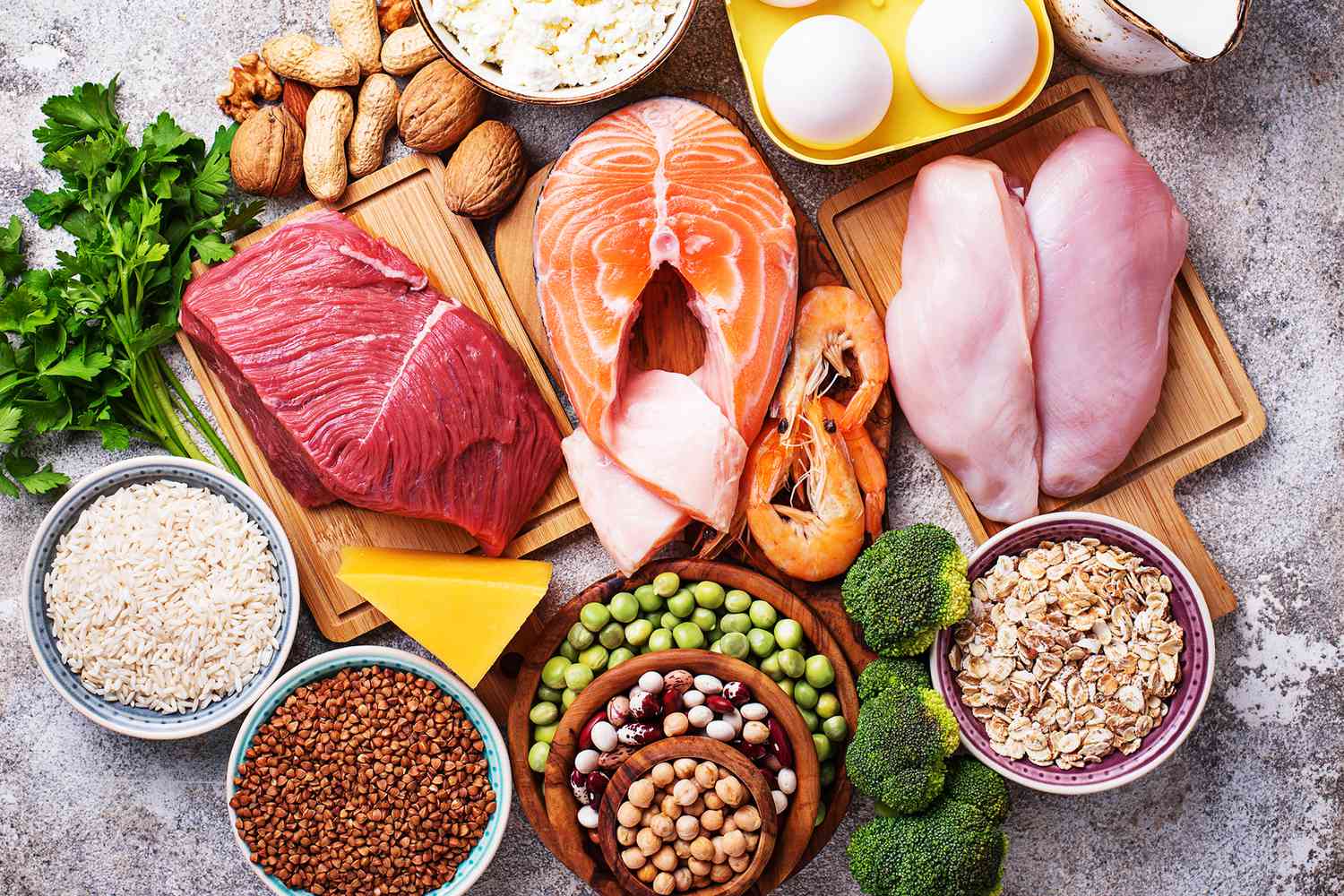Introduction
Taking care of your body and health is of utmost importance during pregnancy.
A woman’s body goes through immense changes physically to accommodate a growing fetus.
On top of all the difficulties faced during pregnancy, if a woman develops gestational diabetes, it’s an added burden.
But worry not! Gestational diabetes, unlike Type 1 or Type 2 diabetes, is easily manageable without medication.
You do not need to adhere to a strict diet plan; just a few routine changes to diet and lifestyle are required.
A properly curated gestational diabetes diet, along with regular physical movement, is all it takes.
It’s important to listen to your body as each pregnancy journey of a woman is different from the other.
Before diving into the food lists, it is advisable to visit your doctor once.
What is Gestational Diabetes Diet?

Gestational diabetes refers to high blood glucose levels during a woman’s pregnancy.
When the body doesn’t produce enough insulin hormone during pregnancy, it can lead to excess sugar in the blood.
As a result, the woman develops gestational diabetes and may also gain excess weight as a symptom.
Gestational diabetes occurs when the process of producing insulin and becoming more insulin-resistant during pregnancy goes wrong.
Naturally, the mother’s body produces enough glucose to provide for the body.
A gestational diabetes diet is a whole food, nutritionally balanced diet specially curated for such mothers.
Let’s look at the types of foods from each food group that you can eat on a gestational diabetes diet.
What Foods Should You Eat On A Gestational Diabetes Diet?
Following is a list of all the top foods you should eat on this diet:
1. Proteins

- Dairy (low-fat)
- Turkey
- Eggs
- Fish
- Chicken
Protein should be a must-have for breakfast during pregnancy time.
2. Healthy Fats
- Olive oil
- Seeds
- Nuts
- avocado
Every woman, regardless of being pregnant or not, should include healthy fats in their diet.
However, during pregnancy, healthy fats are an essential part of the diet as they help to keep you full.
3. Complex Carbohydrates

- Whole-wheat bread
- Greek yogurt
- Beans
- Sweet potatoes
- Brown rice
Complex carbohydrates are a much better choice than regular, simple carbs like white rice or white bread.
4. Non-Starchy Vegetables
- Onions
- Brocolli
- Cauliflower
- Tomatoes
- Mushrooms
- Green beans
- Cucumbers
A woman will get all the necessary vitamins, minerals, and fibers required for good health through these foods.
5. Fruits

- Grapefruits
- Oranges
- Tangerines
As fruits have high sugar content, the above citrus fruits can still be eaten in moderation.
What Foods Should You Avoid On A Gestational Diabetes Diet?
- Sweets
- Sugary drinks(packaged fruit juices/cold drinks)
- Breakfast cereals or packaged foods
- Fatty snacks
- Chocolates
- Fried foods
These are some foods that should be avoided or eaten in small amounts.
Such processed foods are really high in sugar and unhealthy fats.
These foods also make the person feel very lazy and motivated.
Tips To Stay Healthy During Pregnancy
1. Limit portion size
Take note of the amount of food you’re eating at each meal.
It is ideal to have three meals a day with snacks in between.
This way, you won’t be indulging in overeating or binge eating.
2. Drink enough water

Many health blogs will advise you to drink 3-4 liters of water a day.
You do NOT need to adhere to such limits.
Simply drink water when you’re thirsty and just a little more than that.
One should drink just about enough water that is required to stay hydrated and healthy and NOT over-hydrate.
3. Limit sweets, desserts, cold drinks
These foods are really high in sugar which adversely affects gestational diabetes.
A proper gestational diabetes diet limits the consumption of excess sugar, which is majorly found in these items.
You DO NOT need to deprive yourself of the occasional chocolate treat, but keep it limited.
4. Do meal prepping

Planning your meals beforehand or preparing your meals for the week is a great way to control overeating.
If you plan ahead in time what you will have for snacks, that also helps keep the pregnancy cravings in check.
Have a piece of fruit, some nuts, or plain greek yogurt whenever you have cravings for sugary foods.
5. Keep your weight in check
Often women gain weight during pregnancy which is normal.
But excessive weight gain can cause a woman’s blood pressure to rise.
This could cause problems for the mother and the unborn baby.
A healthy gestational diabetes diet will not only be too strict but also help maintain the mother’s weight.
6. DO NOT Skip Breakfast
Have a hearty and healthy breakfast every day of your pregnancy.
Breakfast in a gestational diabetes diet is the most crucial meal of the day.
It also helps keep morning sickness at bay!
Also, what’s better than the thought of waking up to a healthy and tasty breakfast, right?
7. Have a cup of milk daily

If you’re not lactose intolerant, drinking milk daily will take of your calcium requirements.
Milk shouldn’t be left out on a gestational diabetes diet, as it includes every major food group.
However, too much milk consumption at one time may lead to increased blood sugar levels.
8. Include Physical Activity
It is advisable to do mild physical activity, like long walks, yoga, stretching, etc., during your pregnancy.
Risk Factors For Gestational Diabetes
Although not every woman gets affected by gestational diabetes, there are some factors that put you at risk of developing it.
Below listed are some common risk factors:
- Excess body fat(obesity)
- PCOS/PCOD (Polycystic Ovarian Syndrome)
- Being pre-diabetic
- Family history of diabetes
- Previous birth of a baby weighing more than 9lbs
- Age>25
- Heart disease
- High blood pressure
- Being Hispanic, Black, African-American, Asian, Native American
If you already fall into one or more of these categories, it’s the right time to take some necessary steps to avoid developing this disease.
Refer to this blog as your perfect guide to the gestational diabetes diet.
There is absolutely no need to worry or panic if a woman is diagnosed with gestational diabetes.
This condition is easily manageable with few dietary changes and mild physical movements.
How Do You Treat Gestational Diabetes?

As earlier stated, this condition can be treated with a well-balanced gestational diabetes diet.
Since every woman’s body and pregnancy are different, it is advisable that you visit your doctor before going on a gestational diabetes diet.
However, for some women, simply following a gestational diabetes diet might not work.
In such cases, insulin or metformin medication might be prescribed by the doctor.
Refer to this article to learn about the usage of metformin during pregnancy.
More Tips For A Healthy Pregnancy
- Prenatal vitamin supplements after a recommendation from the doctor
- Avoid alcohol and smoking
- Avoid undercooked or overcooked foods
- Make sure to regularly do mild exercises
- After delivery, slowly get back into doing light physical movements
- Keep yourself hydrated by drinking fluids like unflavored water, lemon juice, herbal or green tea, etc
- Keep a written record of your sugar levels throughout the day(if on a gestational diabetes diet)
Wrapping It Up
A pregnancy is considered at high risk if the mother develops gestational diabetes.
That is why it is recommended that you pay regular visits to your obstetrician.
Your blood sugar levels will need to be self-monitored for the rest of the pregnancy.
Do not panic.
Gestational diabetes is manageable and can be treated easily if one follows the guidelines mentioned in this blog.
Ultimately, fighting this cannot be done alone. The mother will need the help of her family members in order to implement all the mentioned steps.
Wishing you a healthy pregnancy for you and your little one!

